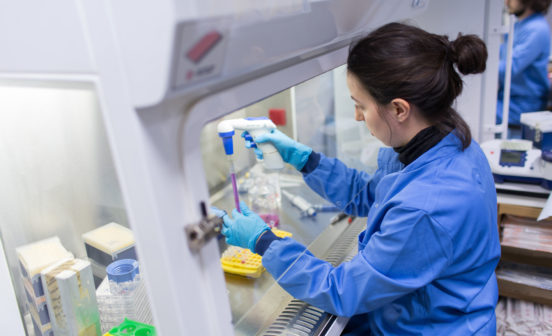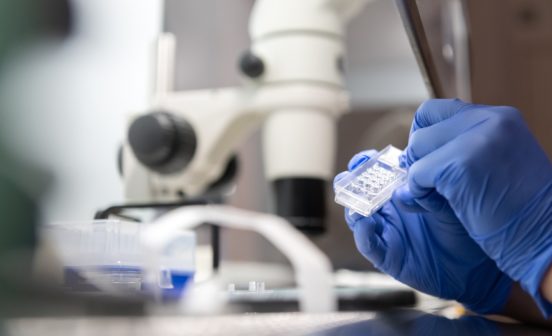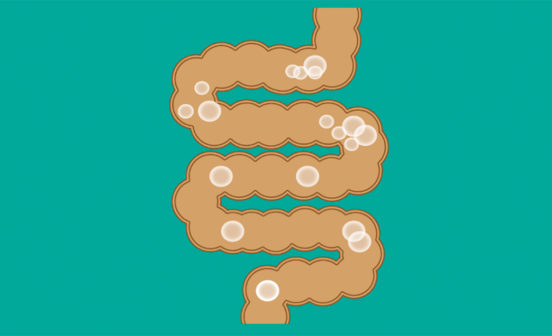PreventionVideo Gut microbiome approach to reduce cravings for high-calorie foods
Previous research has demonstrated that bacteria in the gut release a compound called propionate when they digest the fibre inulin, which can signal to the brain to reduce appetite. In a new study funded jointly by the BRC and the BBRSC, 20 volunteer participants were asked to drink a milkshake that either contained an ingredient called inulin-propionate ester, or a type of fibre called inulin. The inulin-propionate ester supplement releases much more propionate in the intestines than inulin alone.
After drinking the milkshakes, the participants were scanned using MRI, where they were shown pictures of various low or high calorie foods such as salad, fish and vegetables or chocolate, cake and pizza. Volunteers who consumed the drink with inulin-propionate ester had less activity in areas of their brain linked to reward, but only when looking at the high calorie foods. These areas of the brain, called the caudate and the nucleus accumbens, have previously been linked to food cravings.






